Carbon Storage in Pasture through Ecological Restoration (CASPER)
Goals

Governments, companies, and individuals are increasingly investing and trusting in methods of removing carbon from the atmosphere in order to tackle climate change. But we still don’t properly understand how impactful many of these methods really are. The Carbon Storage in Pasture through Ecological Restoration project (CASPER) seeks to address that knowledge gap, in relation to some specific Nature-based Solutions scenarios.
Working in Exeter and in Brazil, the CASPER team is studying what happens in soil to encourage carbon storage, and how long carbon will stay there once it’s stored. CASPER aims to substantially advance understanding of how plant-microbe soil interactions and agricultural management practices impact the potential for carbon sequestration.
CASPER is novel because it links research into soil science to the challenges faced by local communities in the tropics, when attempting to implement restoration and regenerative agriculture in areas of severely degraded land. Specifically, it aims to create low cost, accessible ways to improve productivity and soil carbon storage using native plants, and at the same time improve economic and social outcomes for small scale farmers.
Research to find affordable ways to store carbon, in harmony with nature and local people, is vital. Through the lab and field work, CASPER will provide demonstration sites and a body of scientific evidence about methods of soil management and restoration. This is expected to evidence methods that don't work, alongside the hope to find solutions that are viable, economical, and store carbon for the long term.
Effective solutions to restore Brazil's vast areas of degraded land could benefit local communities, mitigate climate changes, and help to conserve and protect other natural resources in Brazil such as ground water.
Link to Brazil
Underutilised and degraded pastureland are most concentrated within the tropics. Within Brazil, the world’s largest tropical country, pasture covers 21.5% of the country. Land management over the last few decades has severely decreased soil fertility and carbon stocks in these pasturelands, and as a consequence much of this land can no longer support either agriculture or grazing. Around 54% of Brazil’s pasture are in moderate or severely degraded condition, representing almost 1 million km2 (almost twice the size of France).
In these degraded lands, invasive species often out compete native flora, changing the landscape and making the restoration of native ecosystems increasingly difficult. CASPER seeks to demonstrate a viable alternative to this scenario, in which these degraded lands could be more efficiently restored and utilised to increase carbon storage, biodiversity and social justice, whilst limiting the pressure to deforest native tropical habitats. Due to the vast areas at stake, even minor gains in improving degraded soils provide huge potential for positive biodiversity and societal impacts, and increased soil carbon storage.
The main areas under study between the University of Exeter scientists and our Brazilian partners are in the Amazon arc of deforestation, and a savanna area called the Cerrado. The Cerrado is a vast biome with as many plant species as Brazil’s Amazon but is often overlooked in conservation, restoration and climate policy.
Team
The team at the University of Exeter is comprised of 7 co-investigators, all based with the Geography department. Their expertise spans tropical ecosystem function and tropical plant diversity, soil science, biogeochemical cycles and greenhouse gas fluxes, microbiology, pastureland management, and the impact of land management practices on both carbon storage and local communities. Collectively, they have many years of experience conducting research in the tropics.
The 5-year programme involves significant lab-based work in Exeter and fieldwork experimentation in Brazil, working with local partners, communities and land managers in the region.
The field work will take place across various biomes in Brazil ranging from tropical rain forest to savanna, in close collaboration with researchers from the three partner institutions.
- Instituto Ouro Verde (IOV) – an NGO focused on social participation as a basis for sustainable development.
- Universidade Estadual de Campinas (UNICAMP) – a public research university in Sao Paulo
- Empresa Brasileira de Pesquisa Agropecuária (EMBRAPA) – a state-owned research corporation affiliated with the Brazilian Ministry of Agriculture.
Methods
The research will cover three key areas.
- Identifying the mechanisms that can promote carbon sequestration in agricultural soils.
- Identifying solutions to increase productivity and soil carbon storage in degraded Brazilian pasture systems using native plants.
- Links and synthesis between these two elements.
The Exeter based lab work will focus on microbial sequencing and analysis of soil / carbon interactions, within the context of growing varied plant species. The aim is to provide the mechanistic detailed understanding of plant, soil and carbon interactions, which can then be applied in the context of the Brazilian pasture lands (also with potential learning points for UK soils). Much of the work will take place in a controlled lab environment, which enables the isotopic tracing of carbon into soil and study of the resulting greenhouse gas fluxes, within various soil, microbiome and plant combinations.
The work in Brazil is conducted in partnership between the three Brazilian organisations and members of the Exeter team. Areas of investigation include; the legacy effect of invasive species and chemical fertilizers on soil chemistry and soil microbial communities; the effect of native plant functional traits on soil properties; the potential of trees for hydraulic lift of water from deep soil layers; the effect of leguminous and non-leguminous trees on soil carbon and fertility; deep soil carbon stocks and the role of trees; the social and economic drivers of regenerative food production systems in the Cerrado and Amazonia.
Funding
CASPER is funded by Shell. In their recently published Energy Transition Strategy (ETS) 2024, Nature Based Solutions are shown as one of the key enablers for carbon abatement and removal in the overall strategy roadmap (page 32)
CASPER stems from the understanding that the science behind net zero is clear, as is the need to accelerate the phasing out of fossil fuel supply and demand, transition to renewable energy at scale, and invest in carbon dioxide removal. This work is at the heart of the University of Exeter’s Strategy 2030. High-quality nature-based solutions, independently verified to determine their carbon impact and social and biodiversity benefits, will play an important and necessary role in mitigating global emissions.
The CASPER Project provides a viable avenue for facilitating the scale and pace of change required, with potential for real world, global climate, ecological and societal impact.

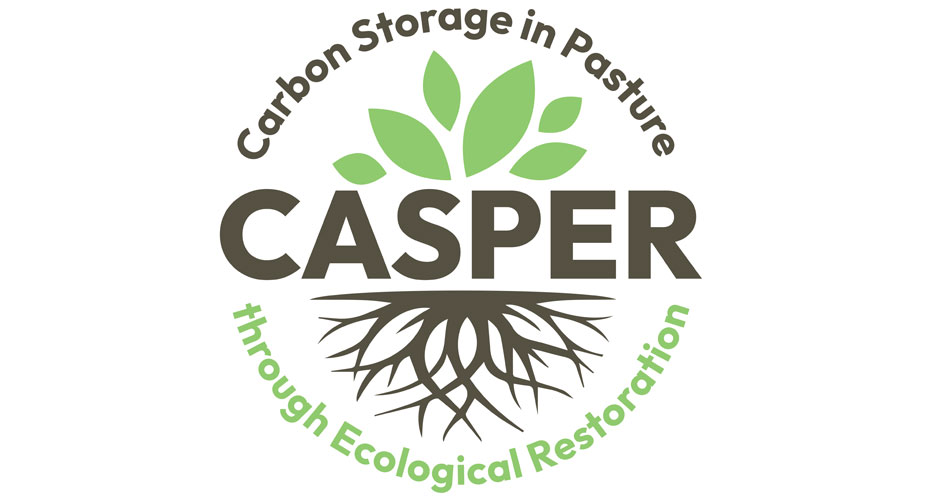
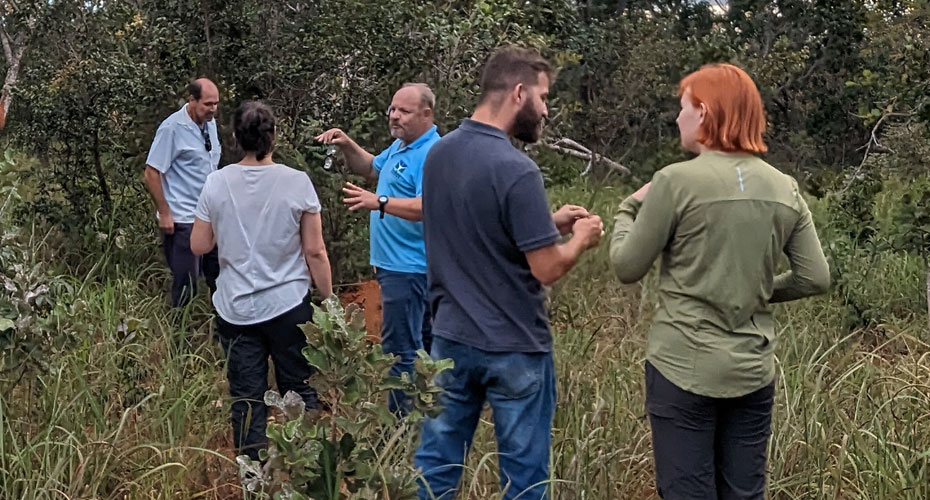
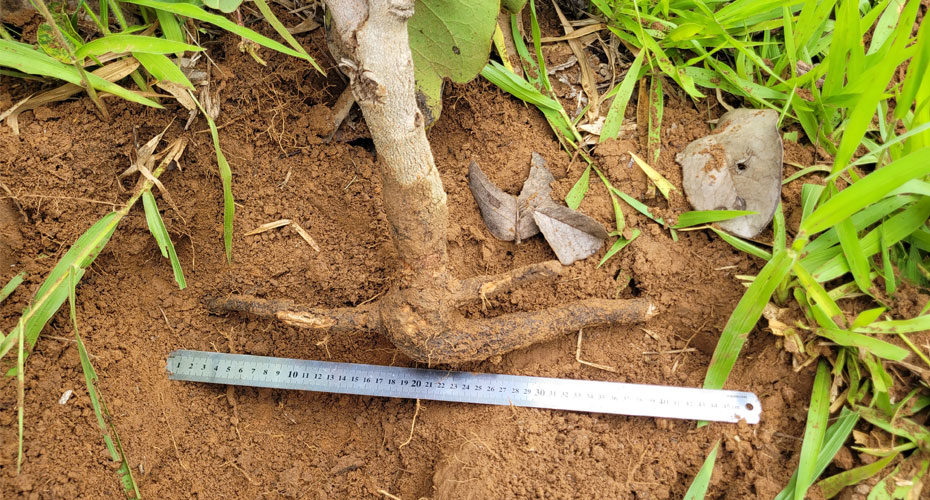
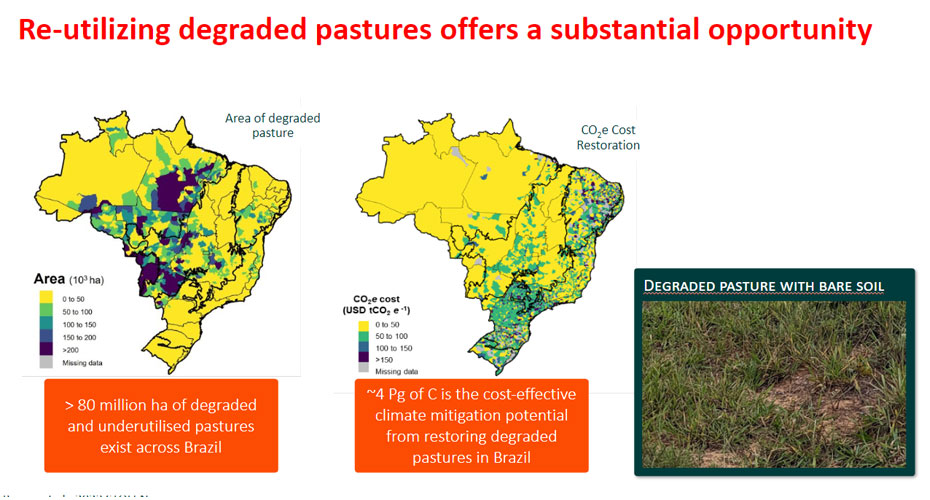
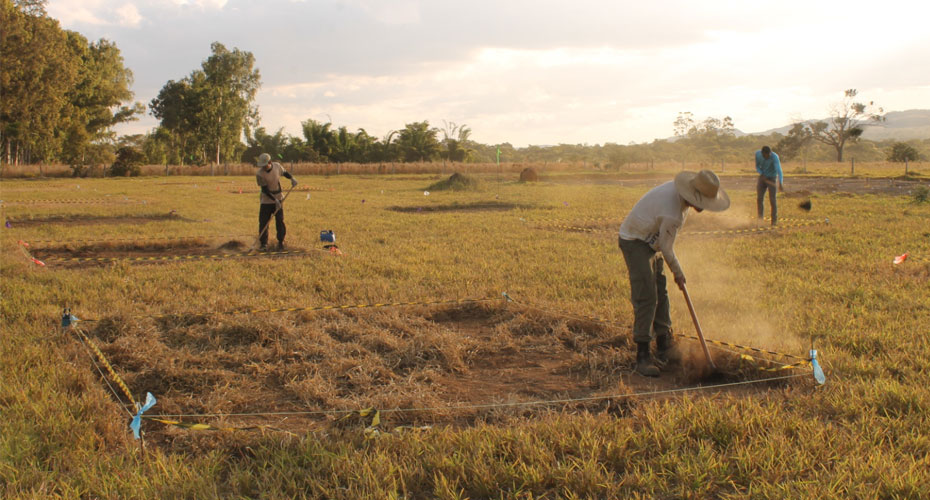
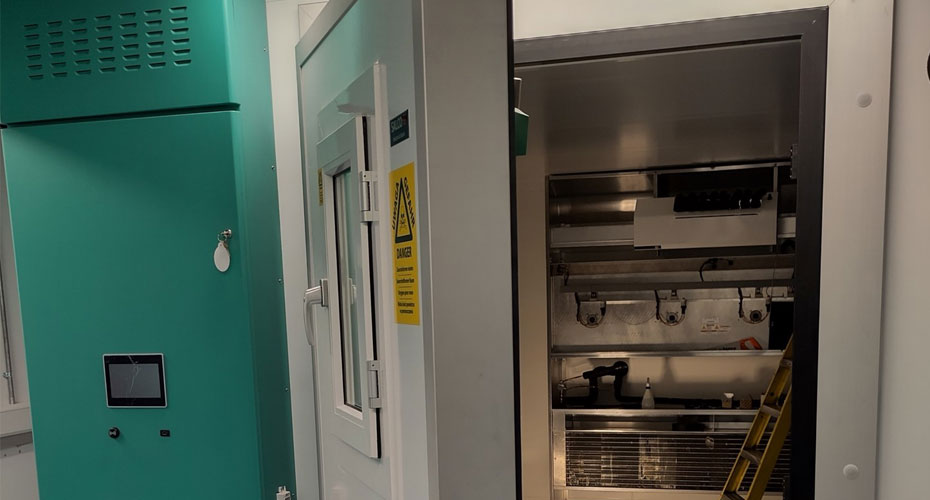
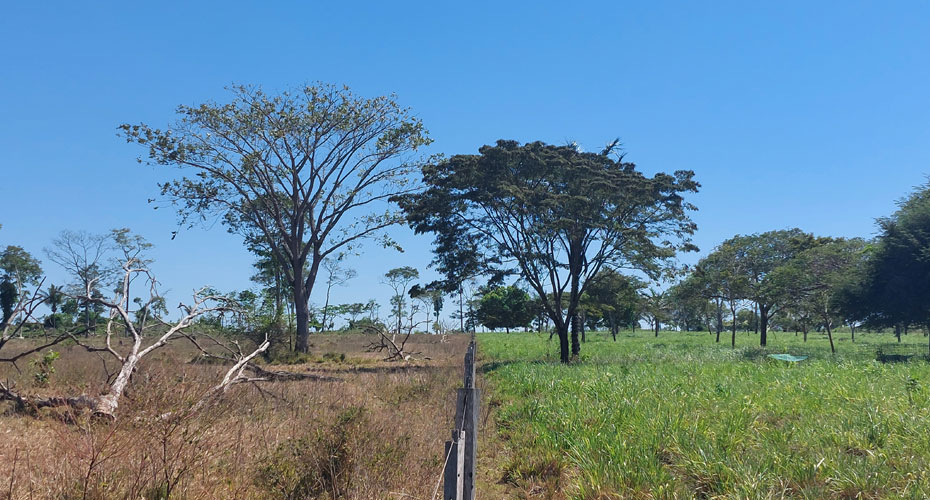
.jpg)